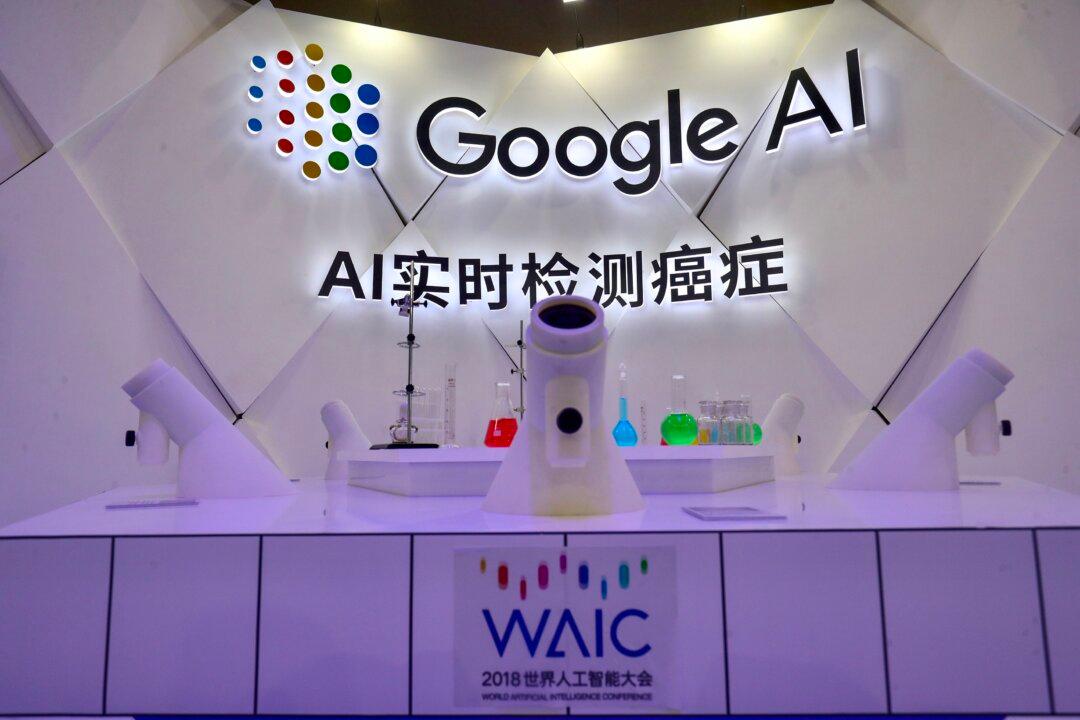U.S. tech companies continue to build artificial intelligence (AI) research labs in mainland China, despite the ability of the Chinese Communist Party (CCP) to co-opt any research they do for its own purposes, military and otherwise, experts warn.
The experts believe that the only way to ensure a halt in the growth of the CCP’s AI capabilities is to implement a ban on technology transfers to China from the United States.




